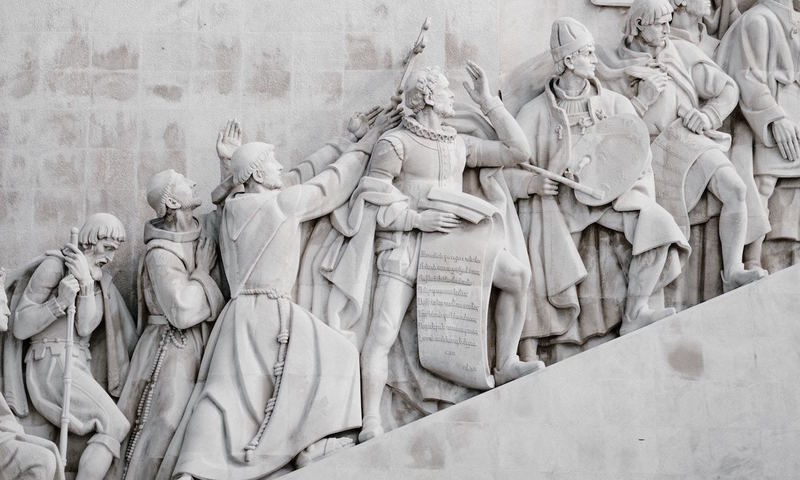Nobel Peace Prize Laureate and Liberian activist Leymah Gbowee has dedicated her life to nonviolent peace movements and the empowerment of women in war-torn areas –– not only in her home country but across Africa. In 2003, fourteen long and heinous years into the Second Liberian Civil War, a group of Liberian women, led by Gbowee, decided to take matters into their own hands through a series of peaceful protests. The protests culminated in a sit-in during stagnant peace negotiations which resulted in the long-awaited Accra Comprehensive Peace Agreement. Their efforts not only ended the war but directly influenced female-representation in elected offices, advanced equal spousal rights, and made rape punishable to life in prison. In speaking about her activism and the impact of her organizations on women, Gbowee says, “When these girls sit [in this space], you unlock intelligence, you unlock passions, you unlock commitment, you unlock focus, you unlock great leaders.”
You’ve likely never heard or Leymah Gbowee, an incredible woman who has turned the state of Liberian politics –– and by extension, political systems across Africa –– on its head. Sadly, this is the case for many other influential women throughout history. Of course, we can recount the brave contributions of Sojourner Truth, Rosa Parks, Mother Teresa, Eleanor Roosevelt, Marie Curie, and other similarly influential women, but at large, female history-makers are not often memorialized the way male history-makers are.
So, why does this matter? When we overlook (or even silence) the impact of women who came before us, we leave little vision and inspiration for future generations of young women trying to effect change or expand boundaries. Put simply, you can’t be what you can’t see. The lack of female examples also deprives men of the opportunity to see the image of God in their sisters. Without women’s contributions, we are withholding half the world’s discoveries and slowing the work of justice to a world in desperate need of hope and healing.
Throughout history, women –– including those aforementioned –– have made powerful strides toward justice, not only in the interest of their sex but for other oppressed populations. Historically forced into society’s margins, women are gifted with a unique awareness and empathy toward the persecuted, exploited, and long-suffering. If we are to see the full manifestation of God’s healing and justice for all people, it’s crucial that women’s giftings are unlocked and exercised to their fullest.
When we give remembrance to women’s contributions to the past, we empower future generations of girls who may see themselves in their stories. So, let’s tell the stories of Amelia Boynton Robinson who helped organize the 1965 Selma March and Sylvia Mendez who fought to integrate schools years before Brown vs. Board of Education. Or, Hattie Larlham who spearheaded specialized healthcare for the developmentally disabled and Patsy Takemoto Mink, the first woman of color elected to the House of Representatives, who advocated for Title IX legislation which prohibits gender discrimination in education. These women, and many more, have helped carry us this far but we have farther to go, and we need both men and women to labor against injustice, defy limitations, and cast hope for the future. In the spirit of Leymah Gbowee, let’s unlock the intelligence, passions, commitment, and focus of our girls and watch great leaders emerge.
 Biola University
Biola University




